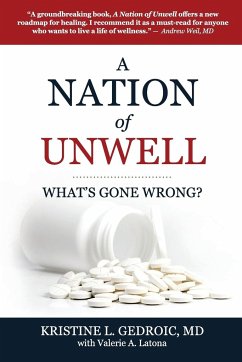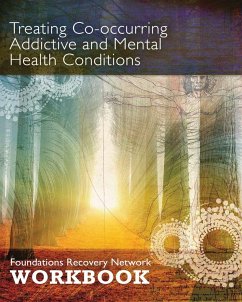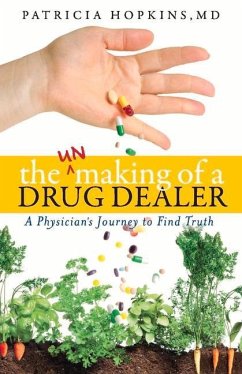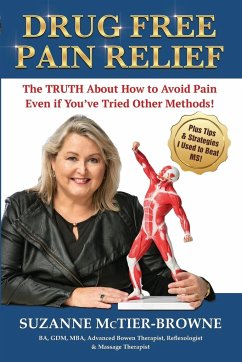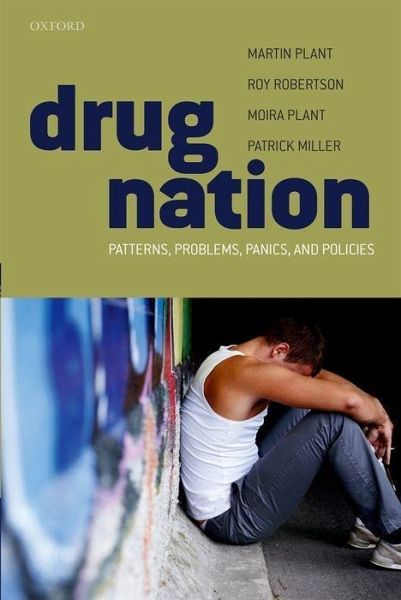
Drug Nation
Patterns, Problems, Panics, and Policies
Versandkostenfrei!
Versandfertig in 1-2 Wochen
72,99 €
inkl. MwSt.

PAYBACK Punkte
36 °P sammeln!
Humans have been using psychoactive (mind-altering) drugs since ancient times. Barely a day goes by without a drug related issue reaching the headlines, and drugs, in some way or other, affect all of our lives, whether by our own use, the use of those we know, or even from just being a victim of drug related crime. This book provides an accessible and lucid introduction to some of the main health and social issues related to illicit drugs and their use. It reviews a range of popular drugs - including amphetamines, cannabis, cocaine, Ecstasy (MDMA), heroin and LSD whilst considering the law rel...
Humans have been using psychoactive (mind-altering) drugs since ancient times. Barely a day goes by without a drug related issue reaching the headlines, and drugs, in some way or other, affect all of our lives, whether by our own use, the use of those we know, or even from just being a victim of drug related crime. This book provides an accessible and lucid introduction to some of the main health and social issues related to illicit drugs and their use. It reviews a range of popular drugs - including amphetamines, cannabis, cocaine, Ecstasy (MDMA), heroin and LSD whilst considering the law related to such substances. Written in an accessible and approachable style, the book dispels some of the many myths about drug use that exist, offering an authoritative and balanced perspective on issues of personal, local, national and international importance. Drug Nation will be essential reading for anyone who wants to be informed about the drug situation, offering a sensible and non-sensational account of drugs and drug taking.



